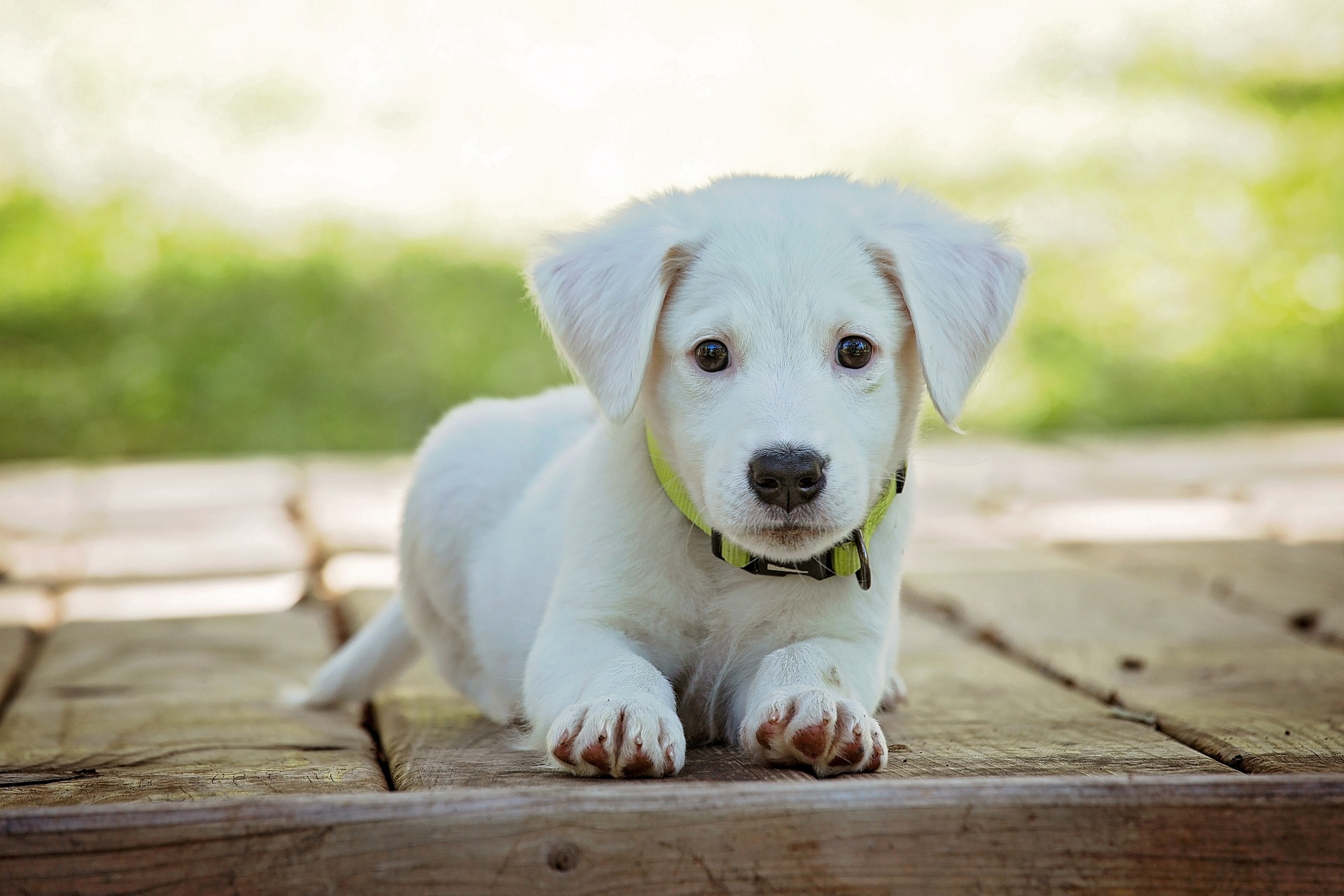
Many dog owners have witnessed their furry friends munching on grass from time to time. While it may seem strange, it's actually quite common behavior among dogs. There are several reasons why dogs eat grass, ranging from instinctual behaviors to medical conditions. In this article, we'll explore some of the possible reasons why your dog may be indulging in this unusual habit.
Dogs are descendants of wolves, who are known to consume plant material as part of their diet. In the wild, wolves may eat grass to help aid digestion, as the fiber in grass can help regulate their bowel movements. This instinctual behavior may have been passed down to domestic dogs, causing them to consume grass for similar reasons.
Sometimes, dogs may eat grass because they are seeking nutrients that are lacking in their diet. If your dog's food is not providing them with all the essential vitamins and minerals they need, they may turn to eating grass to fulfill these nutritional gaps. Consider speaking to your veterinarian about adjusting your dog's diet to ensure they are getting all the necessary nutrients.
Another common reason why dogs eat grass is to soothe an upset stomach. If your dog is feeling unwell or experiencing gastrointestinal issues, they may instinctively seek out grass as a way to induce vomiting. The grass can help them bring up any unwanted substances from their stomach, providing them with some relief.
Just like humans, dogs can experience boredom or anxiety, which may lead them to engage in unusual behaviors such as eating grass. If your dog is not getting enough mental or physical stimulation, they may turn to grass as a way to alleviate their boredom or anxiety. Make sure to provide your dog with plenty of exercise, mental stimulation, and attention to keep them happy and engaged.
In some cases, excessive grass-eating could be a sign of an underlying medical condition. Dogs with dietary allergies, intestinal parasites, or other gastrointestinal issues may be more prone to eating grass. If your dog is consuming grass excessively or displaying other concerning symptoms, such as vomiting or diarrhea, it's important to consult with your veterinarian to rule out any potential health issues.
Lastly, some dogs may simply enjoy the taste and texture of grass. Dogs have a keen sense of smell and taste, and they may find the flavor of grass appealing. If your dog is consistently eating grass without any negative consequences, it's possible that they are doing so simply because they like the taste.
In conclusion, there are several reasons why dogs eat grass, ranging from instinctual behaviors to medical conditions. While occasional grass-eating is generally not harmful, excessive consumption or accompanying symptoms may indicate an underlying issue that needs to be addressed. If you're concerned about your dog's grass-eating habits, it's always best to consult with your veterinarian for personalized advice and recommendations.